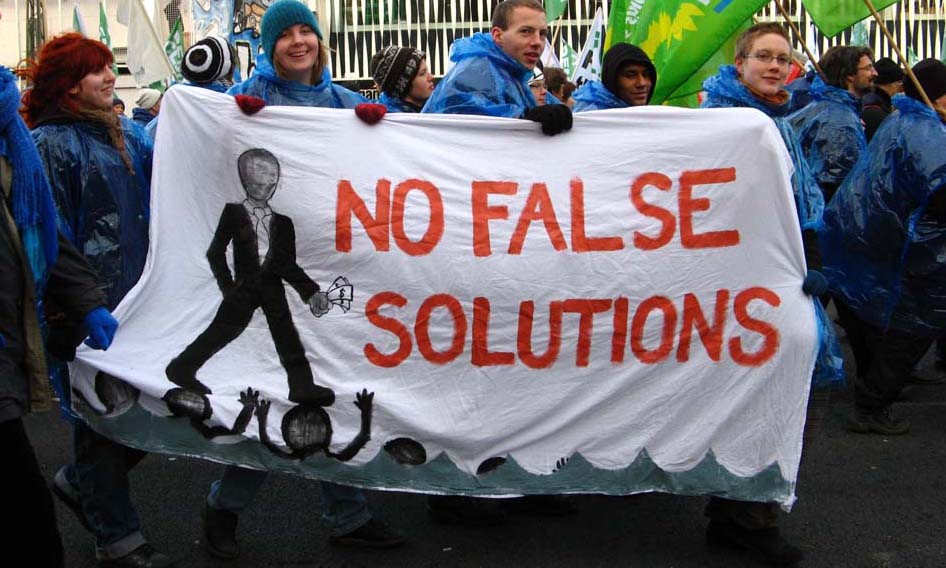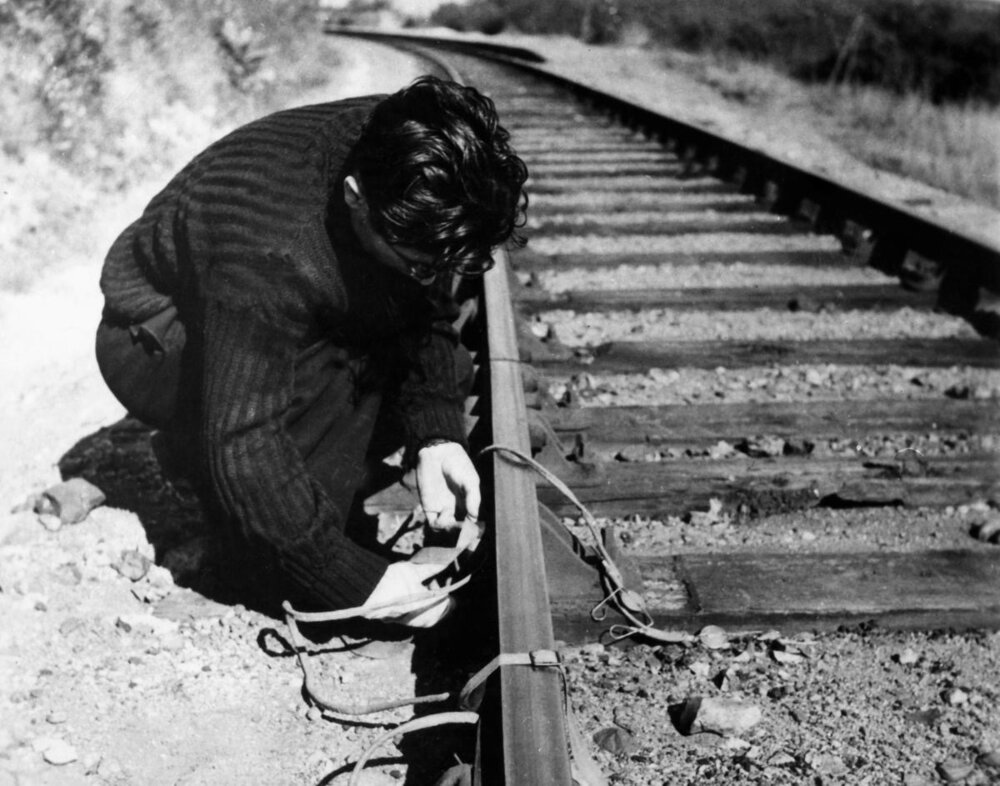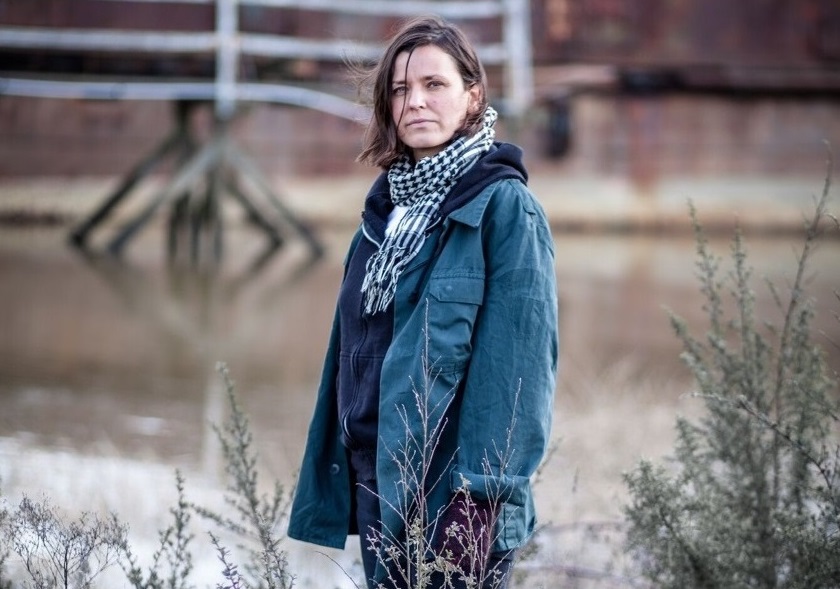
What climate change activists can learn from First Nations campaigns against the fossil fuel industry
This story first appeared in The Conversation. As the Glasgow climate conference begins, and the time we have to avert a climate crisis narrows, it is time to revisit successful First Nations campaigns against the fossil fuel industry. Like the current fight to avert a climate catastrophe, these battles are good, old-fashioned, come-from-behind, David-versus-Goliath examples we can all learn from. The Jabiluka campaign is a good example. In the late 1990s, a mining company, Energy Resources of Australia, was planning to expand its Kakadu uranium mine into Jabiluka, land belonging to Mirarr Traditional Owners in the Northern Territory. The adjacent Ranger Uranium mine had been operating for 20 years without Traditional Owners’ consent and against their wishes, causing long-term cultural and environmental destruction. ...








